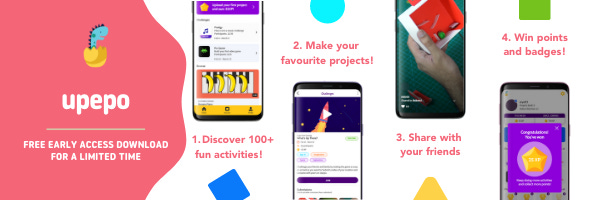Playful Weekends #5: Mind your Learning Theories!
Hi Readers,
I had my first stint of teaching in 2012 with a shelter home in Bangalore, India. I taught children theatre & photography on two weekends. In 2014, when I chose to become a teacher, full-time, It was quite alarming to most people around me. Choosing to be a teacher was equal to throwing your life and potential away. Ask anyone who decided to teach after an engineering degree and you’ll hear similar stories.
Fast forward to 2021, and things are very different. Teaching is still, sadly, alarming to most people. But being in ‘EdTech’ seems to be extremely cool. It’s not alien to work at EdTech. Many of the brightest minds across sectors are moving into the education sector. Product Managers, Developers, Teachers, Consultants, everyone’s rushing in!
With this rush comes a lot of language that’s loosely thrown around.
“We’re building an experiential learning company.”
“We’re aligned to multiple-intelligences.”
“We believe in unschooling.”
“Mastery > Movement.”
“Montessori"
Now, unfortunately, the vast majority of this language is horribly mixed up and we mean something but say something else, however, it ends up in brochures and websites and sales pitches. So whether you’re a creator of these products or a consumer, the onus is on you to be aware of this language.
Here’s a simple image created by Richard Millwood that lays out all the different learning theories on one page.

While I won’t go too deep into the specifics, here are a few commonly confused words explained in simple terms.
Learning Styles - The myth that each learner has only one optimal way to receive instruction.
Multiple Intelligences - A widely misconstrued theory by Howard Gardner that states the various profiles of intelligence of a learner to take into account when designing instruction
Project-Based Learning- Instead of disjoint units of learning, students go through iterations of projects that combine multiple strands of teaching and learning.
There are a few more learning theories that I have tried to simplify in the past like this:
Zone of Proximal Development


Floors, Walls & Ceilings


Maybe you’re new to education and learning, but there’s a lot of research and practice that has happened across the world in the past few decades. The least we can do is to google a term before we use it or paste it on our products!
Was there a learning theory here that you used freely but never knew the meaning of before? Let me know!
Playfully Yours,
Prasanth
Updates from the upepo early access launch:
We’ve crossed 100 users since our launch and it’s heartwarming to see the different kinds of projects that kids are working on and submitting! Recommend Upepo to a friend or colleague today!
What’s new?
Our Get Set Po! Fitness Challenge is live till the end of today, 30th of July! Encourage your child to participate soon!
The Best out of waste Challenge was completed successfully and winners were announced! Congratulations!
Stay tuned for new creative projects lined up from some of the most loved creators in the world!
Download here: https://www.upepo.in/




